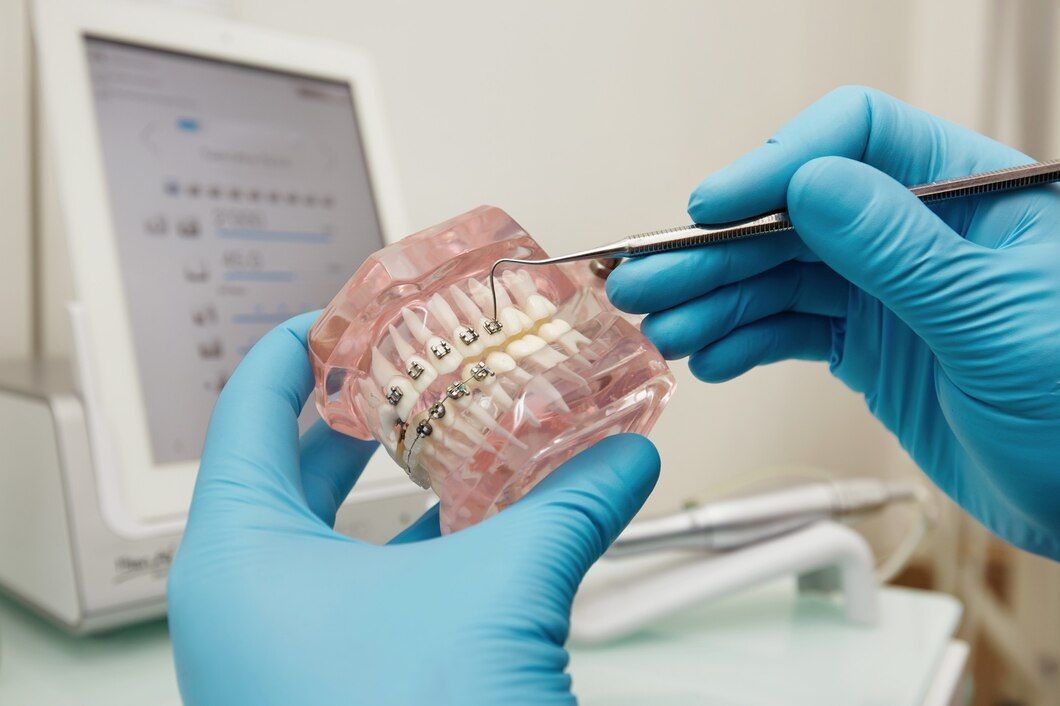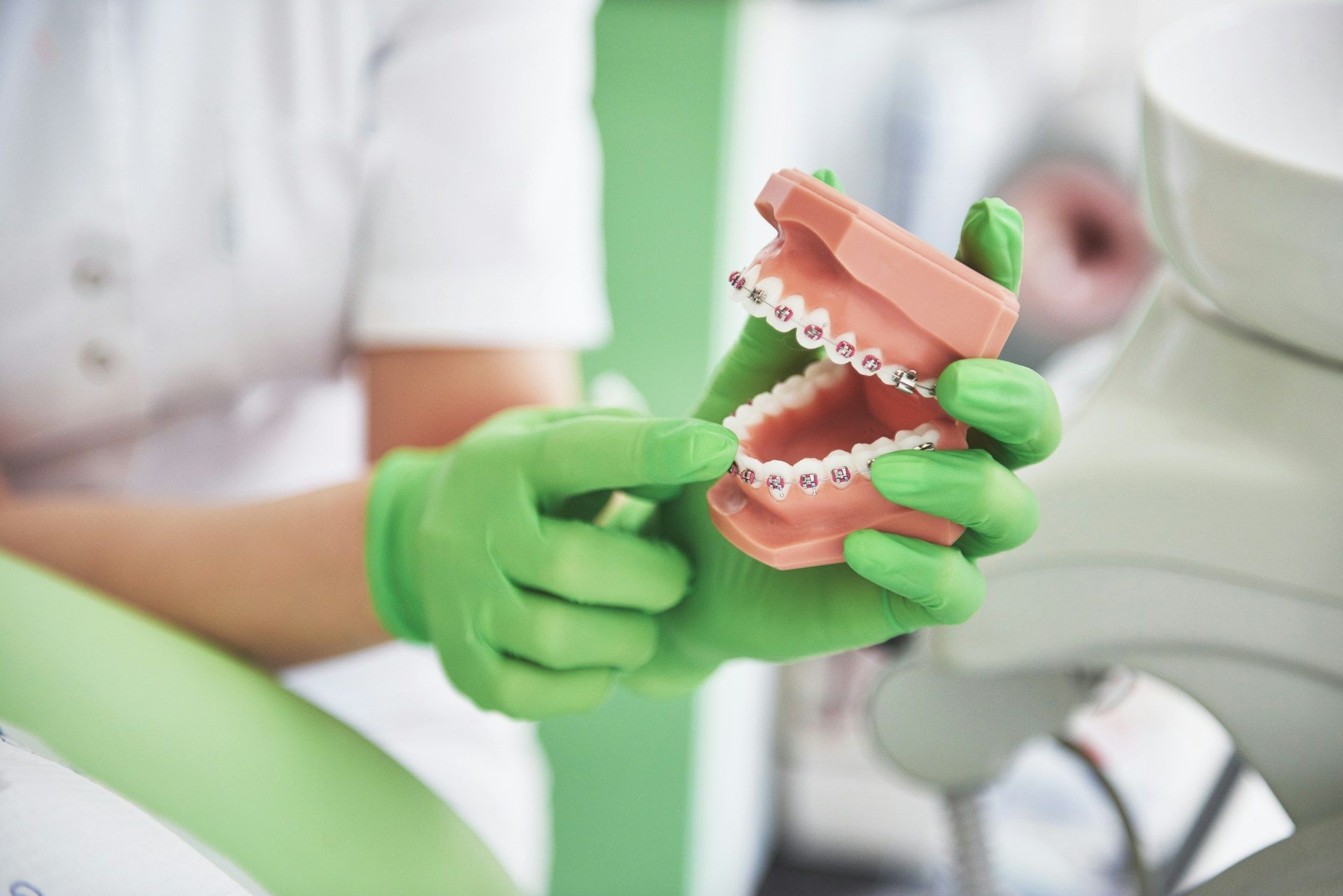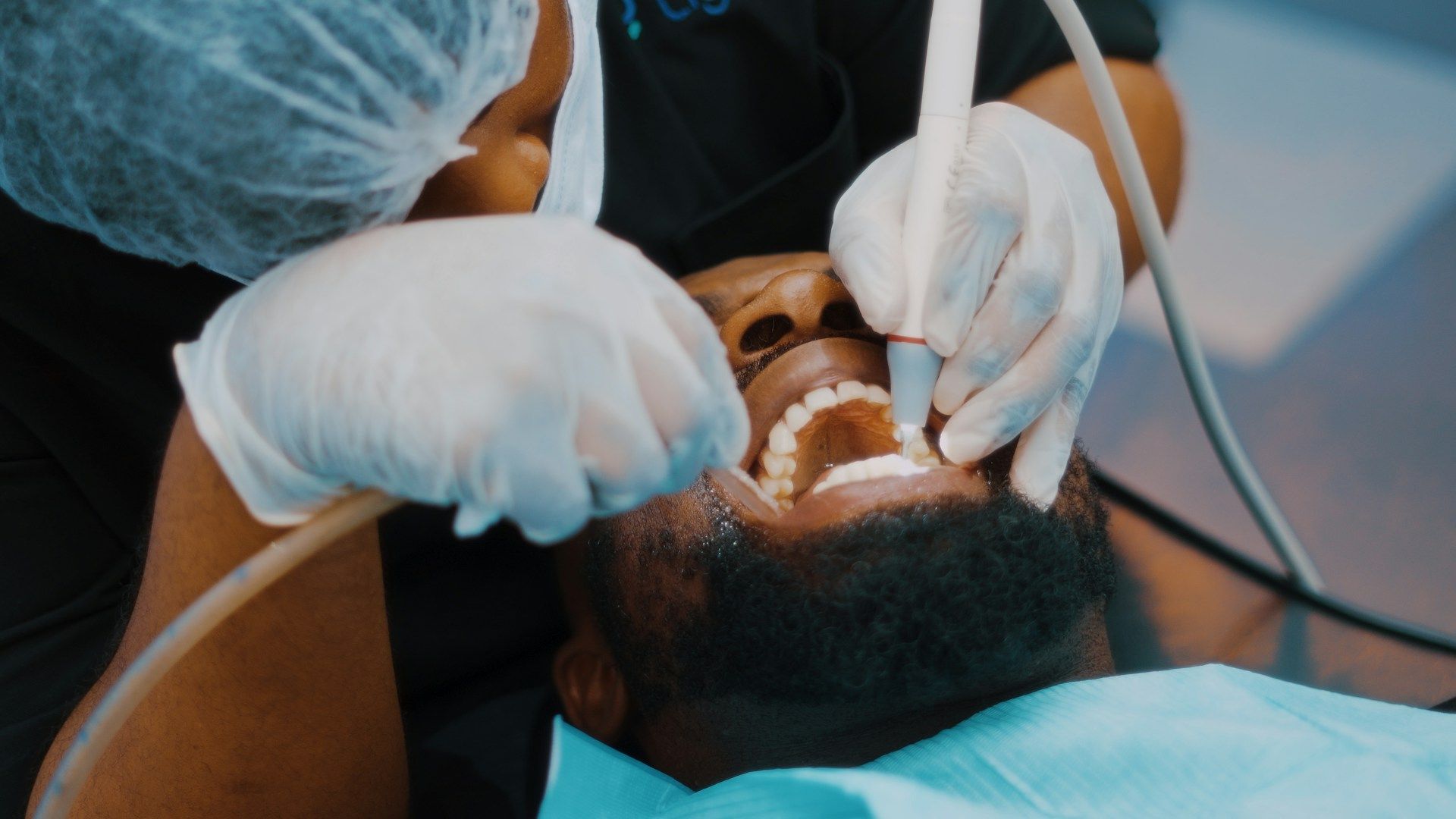Oral Health and Diabetes: Discover the Link Between Gum Disease and Blood Sugar Management
The connection between gum disease and diabetes may be surprising, but it's a crucial aspect of health that everyone should be aware of. In fact, the relationship is bidirectional–not only does diabetes increase the risk of developing gum disease, but gum disease can also negatively impact blood sugar control and contribute to the progression of diabetes. In this educational article, we will delve into the link between these two conditions, highlighting the role periodontal care plays in managing blood sugar levels and maintaining overall health.
Understanding the connection between oral health and diabetes empowers individuals to make informed decisions when it comes to managing both their dental and general well-being. Read on to learn more about the interplay between gum disease and diabetes, and discover crucial preventative measures that promote a healthy lifestyle.
1. The Bidirectional Relationship Between Gum Disease and Diabetes
Research has established a strong association between gum disease, or periodontal disease, and diabetes. This link is bidirectional, meaning that not only does diabetes increase the risk of developing gum disease, but gum disease can also exacerbate diabetic symptoms and challenge blood sugar control. Moreover, severe periodontal disease has been identified as the sixth leading complication of diabetes.
2. How Diabetes Increases the Risk of Gum Disease
High blood sugar levels in people with diabetes can adversely impact multiple body systems, including oral health. Diabetics are more susceptible to bacterial infections, which can lead to gum inflammation and disease. Chronically elevated blood sugar can cause:
- Impaired Blood Flow: Poor blood circulation hinders the delivery of oxygen and nutrients to the gums and the removal of harmful waste, impairing the body's ability to fight infections and heal damaged tissues.
- Weakened Immune Response: Diabetes can weaken the immune system, making it less efficient at fighting off infections in the mouth and throughout the body.
- Increased Sugar in Saliva: High blood sugar levels can lead to increased sugar levels in the saliva, creating a breeding ground for cavity-causing bacteria.
3. How Gum Disease Affects Blood Sugar Control
Gum disease can negatively impact blood sugar control in people with diabetes. Periodontal infections produce inflammatory chemicals that can trigger insulin resistance, making it more difficult for diabetics to regulate their blood sugar levels. Furthermore, untreated gum disease often worsens over time and can lead to greater inflammation, setting off a vicious cycle that can aggravate diabetic symptoms.
4. Managing Diabetes Through Periodontal Care
Pro-active dental care is vital for diabetics to minimize the risk of gum disease and manage their blood sugar levels effectively. Here are some recommended steps for optimal oral care:
- Maintain Good Oral Hygiene: Diabetics should pay extra attention to their oral hygiene routine. Brush your teeth at least twice a day with a fluoride toothpaste, floss daily, and consider using an antibacterial mouthwash to help reduce bacteria and inflammation.
- Regular Dental Checkups: Visiting your dentist for regular checkups and cleanings is essential for early detection and treatment of gum disease. Inform your dental professional about your diabetes and discuss any oral health concerns you may have.
- Monitor Blood Sugar Levels: Maintaining proper blood sugar levels not only helps reduce the risk of gum disease but also promotes better overall health. Work with your healthcare provider to create an effective plan for managing your diabetes.
- Quit Smoking: Diabetic smokers have a higher risk of gum disease than non-smokers with diabetes. Eliminating tobacco use can significantly reduce the risk of periodontal infections and improve overall health.
5. The Role of Periodontal Treatment in Blood Sugar Control
Periodontal treatment has been shown to improve blood sugar control in people with diabetes. Research has found that treating gum disease in diabetics can lead to a significant reduction in Hemoglobin A1C levels, a measure of long-term blood sugar control. By improving their oral health, diabetics can more effectively manage their diabetes and lower their risk of diabetes-related complications.
6. Warning Signs of Gum Disease in Diabetics
Diabetics should be watchful for the following warning signs of gum disease:
- Red, swollen, or tender gums
- Persistent bad breath or a consistent bad taste in the mouth
- Gums that bleed during brushing or flossing
- Loose teeth or changes in the way your teeth fit together when you bite
- Receding gums or the formation of pockets between the teeth and gums
If you notice any of these symptoms, consult your dental professional promptly to discuss treatment options and avoid further complications.
7. The Importance of Comprehensive Diabetes and Periodontal Care
Developing a comprehensive care plan that addresses both diabetes and periodontal health is crucial for minimizing the risk of complications. A collaborative approach involving your primary care provider, dentist, and dental hygienist will ensure the most effective management of these two interconnected conditions. By incorporating periodontal care into your overall diabetes management strategy, you can promote better health outcomes and enjoy a higher quality of life.
Take Control of Your Oral Health: Manage Diabetes and Gum Disease Effectively
In conclusion, understanding the connection between gum disease and diabetes is crucial for individuals with these conditions. By prioritizing proactive oral care and working closely with healthcare providers, you can reduce the risk of periodontal disease and improve blood sugar control, protecting your overall health.
At Fort Collins Periodontics and Dental Implants, our team is committed to delivering the highest quality periodontal care, tailored to your unique needs. Don't let the interplay between diabetes and gum disease impact your well-being any further; trust our skilled
Fort Collins periodontist to guide and support you towards improved oral health. Schedule a consultation with us today and gain the knowledge and confidence needed to effectively manage gum disease and diabetes. Together, we can ensure your smile remains healthy, vibrant, and full of life!

Working Hours
Tue - Thu: 8:00 am - 5:00 pm
Friday: 8:00 am - 2:00 pm
Sat - Sun: Closed
Monday: Closed










